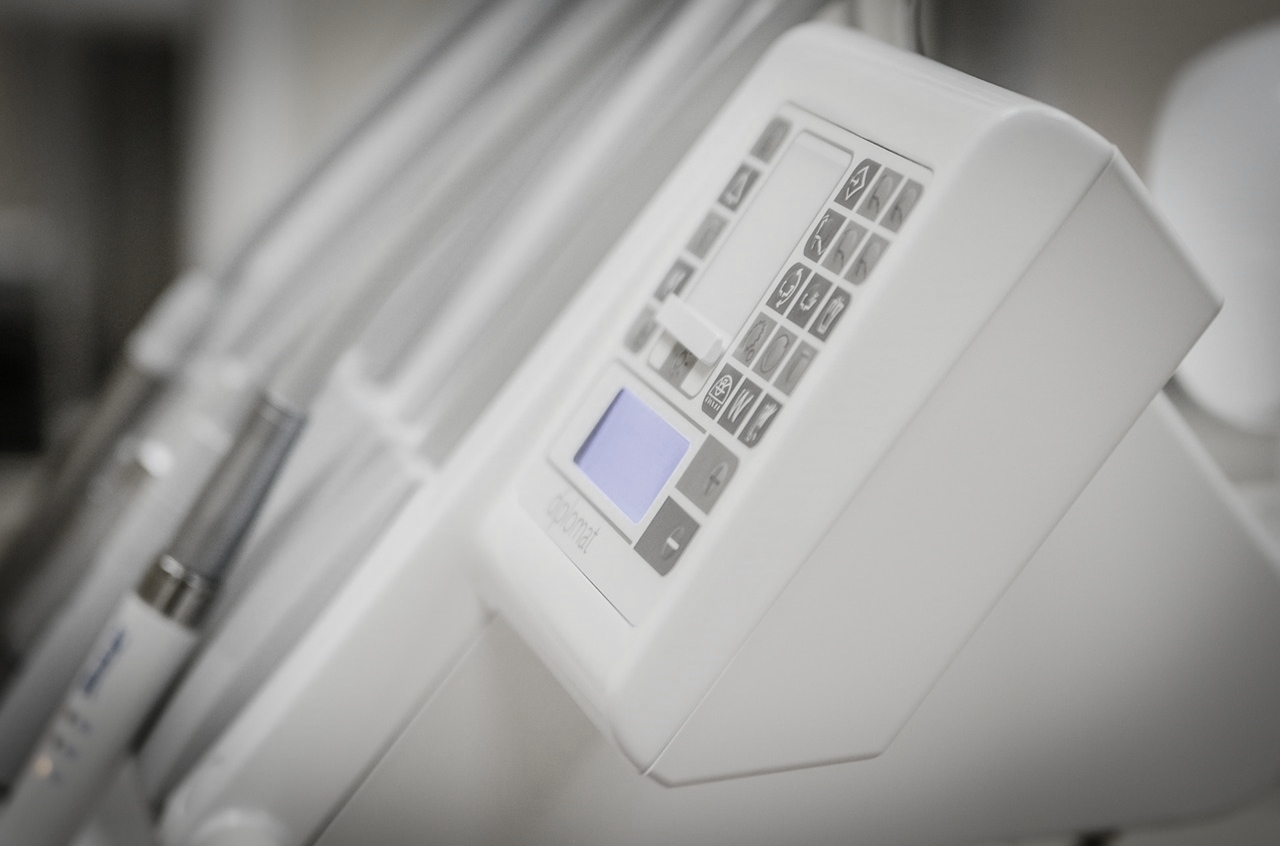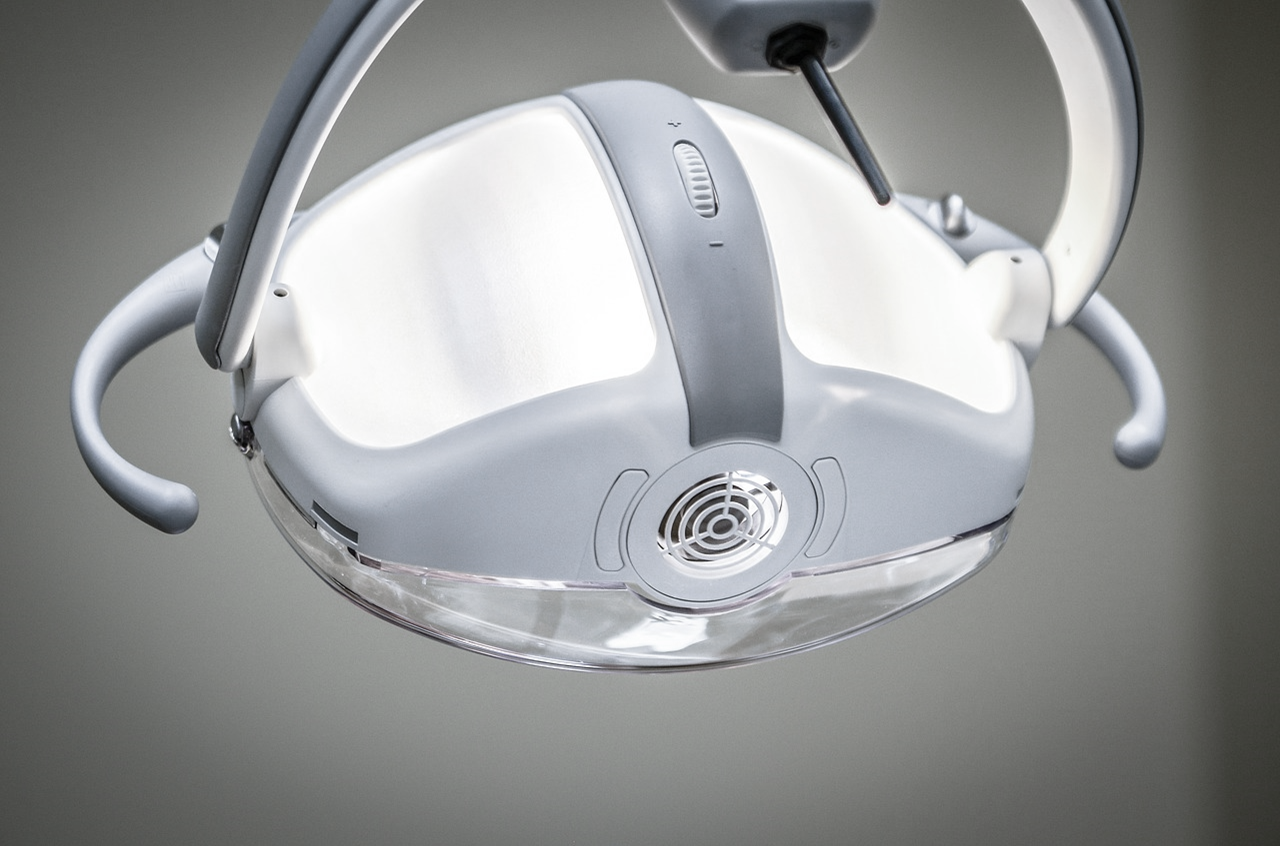
What is a GP Practice?
Date: 03/01/2024 | Healthcare
There are around 1,000 NHS GP practices across Scotland and they are responsible for providing front-line medical care to our communities. GP practices are coming under increasing scrutiny from the media, politicians and from some interested patients who quite rightly view their local practice as vital to the community and something to be protected. But how are GP practices actually run?
How to set up a GP Practice in Scotland
First and foremost, there needs to be a requirement for the provision of primary medical services in a particular geographical area. If that’s the case, the local Health Board will tender for services – they will ask doctors to “bid” for the right to provide medical services to patients in that area. The successful bidder will enter into a contract with the Health Board for the provision of those services.
The opportunity to bid for services might come about as a result of a practice having “folded” (an all too common occurrence now because the existing doctors feel they can’t carry on – for myriad reasons) or, less commonly, as a result of political forces that deem there to be a requirement for a new surgery e.g. as a result of a new town being built. This requirement will likely to have been set out by Ministers in a Primary Care Improvement Plan as a result of discussions between the Scottish Government and NHS Boards.
Who can set up a GP Practice?
There are regulations in place that determine who can provide medical services to patients in Scotland under a contract with the local Health Board (and who, therefore, can set up a GP Practice). Those regulations – The National Health Service (General Medical Services Contracts) (Scotland) Regulations 2018 – provide that only a general medical practitioner (a practising GP) can hold a contract. That GP can hold the contract as a sole trader – in which case they will have singular responsibility for the provision of medical services, but also for employing staff (e.g. salaried doctors, nurses, reception staff) and any property responsibilities such as paying rent under a lease. More commonly, GP practices are run by a group of GPs who come together to form a partnership. In that case, it is the partnership that holds the contract with the Health Board enabling the doctors to provide medical care to the geographical area specified in the contract.
GP Practices are something of an anomaly in that they are private businesses operating within a largely public sector framework and backdrop. Doctors will generally hire staff who are experienced in running private organisations – sometimes in a commercial arena – who can assist them with the management of the practice. These staff can be vital to the success of a particular GP practice, as they will often be involved in HR, finance, IT and all sorts of other areas.
What about Limited Liability Partnerships (LLPs)?
Whilst most GP Practices operate as traditional partnerships, the most obvious drawback to this is the potential unlimited liability of the Partners. GP Practices are exposed to the same risks as commercial businesses and some of those can be significant, for example rent under a commercial lease or repairs to a damaged building. Whilst a well written partnership agreement can mitigate against some of the risks facing a GP Practice, doctors’ personal assets can still be on the line in certain circumstances. Increasingly, doctors are seeking to incorporate their businesses as limited liability partnerships (in the same way many – if not most – law and accountancy firms have already done). There are costs involved with this, but in the longer term incorporating will put the doctors in a significantly better position. One drawback is the need to file certain information with Companies House (which some doctors are uncomfortable with, having kept their affairs private for so long). However this needs to be weighed against the benefit of limited liability that operating as an LLP will give you.
Do I need to think about premises?
Absolutely. GP Practices are there to treat patients. They need to be accessible, ideally on public transport routes and fit for purpose – so they need a good reception space where patients can wait, individual treatment rooms, and probably another room that can be a staff room / meeting space. Bear in mind that under the current model for the provision of primary care in Scotland, GP Practices are meant to work closely with other healthcare professionals to ensure that a patient is seen by the appropriate person (who might not always be a doctor). That means that doctors are likely to want to have rooms available for nurses, physiotherapists, midwives and other healthcare professionals.
GP Practices can own or lease their buildings. Health Boards own many of the surgery premises across Scotland, but some are owned by commercial landlords and it’s important to review the terms of any lease carefully to ensure that the practice doesn’t sign up to anything it can’t adhere to over time. There are financial incentives available to GP Practices, made available by the Scottish Government, to make occupying surgery premises as affordable as possible. These include the GP Premises Sustainability Fund in terms of which interest free secured loans are available to every GP contractor who owns their own premises.
Is there anything else?
In many cases, doctors will get a feel for a practice by working there as a locum GP or a salaried contract, which can often result in an offer of partnership (i.e. a stake in the business). That way, the doctor will have been exposed to many areas of the running of the business already. Alternatively, doctors might “take over” a practice that is looking for new owners (perhaps because the existing doctors are all retiring), or a practice where the contract has already been “handed back” to the Health Board because there’s nobody willing or able to run the practice. In that situation, the doctors will be less clear what is ahead of them. In either case, we would recommend that those doctors take legal and accountancy advice to ensure they are fully informed and able to hit the ground running as a new business owner.
If you are considering setting up or taking over a GP Practice, you should ensure that you equip yourself with experienced lawyers and accountants who understand the landscape in which NHS medical practices operate. Davidson Chalmers Stewart is the market leading law firm for GP Practices in Scotland and we can provide practical, specialist advice to assist you on your journey. For an initial conversation please contact me, Lisa Kitson, at lisa.kitson@dcslegal.com (0131 290 2812) or speak to another member of our specialist healthcare team.
Disclaimer
The matter in this publication is based on our current understanding of the law. The information provides only an overview of the law in force at the date hereof and has been produced for general information purposes only. Professional advice should always be sought before taking any action in reliance of the information. Accordingly, Davidson Chalmers Stewart LLP does not take any responsibility for losses incurred by any person through acting or failing to act on the basis of anything contained in this publication.





















































